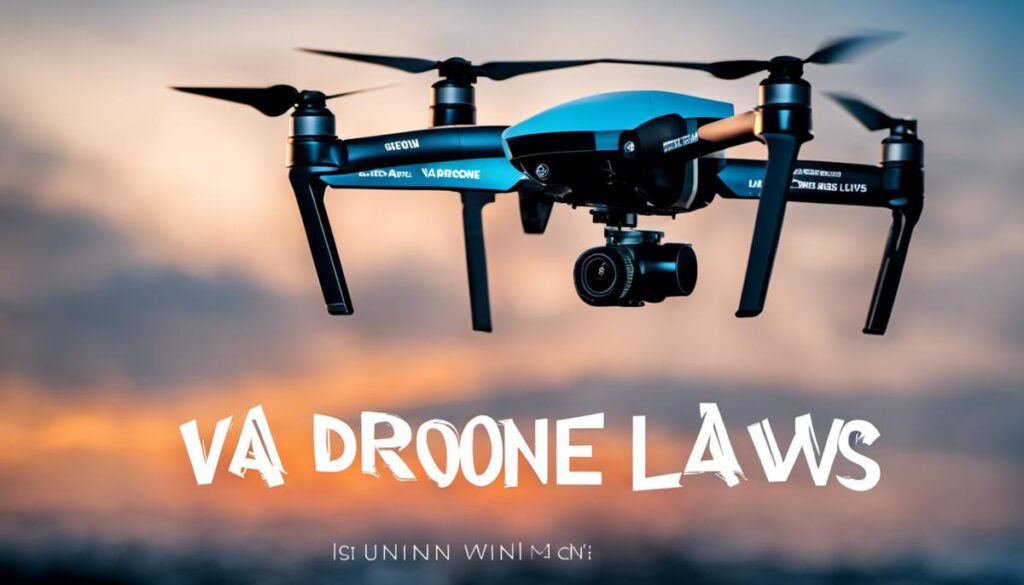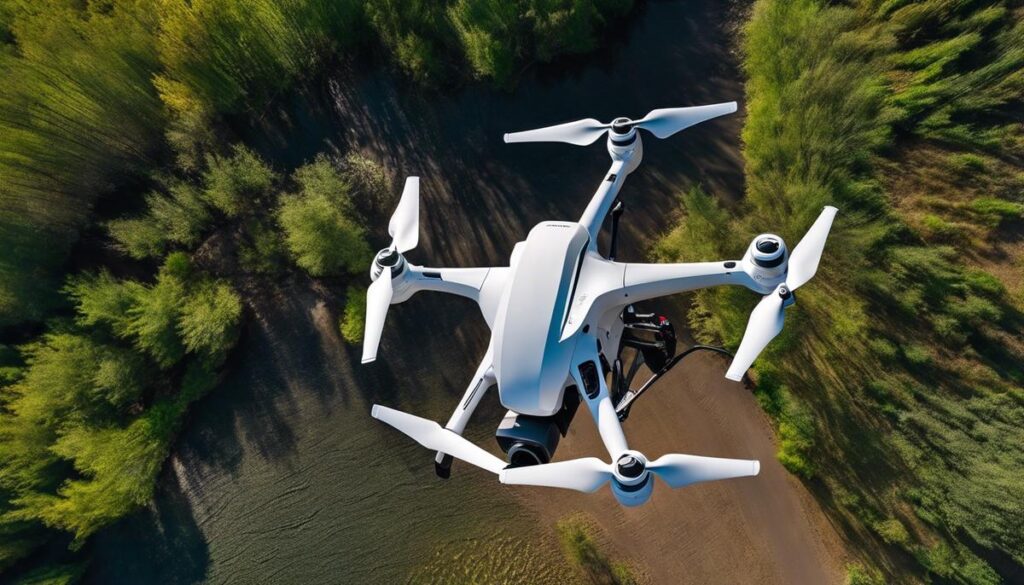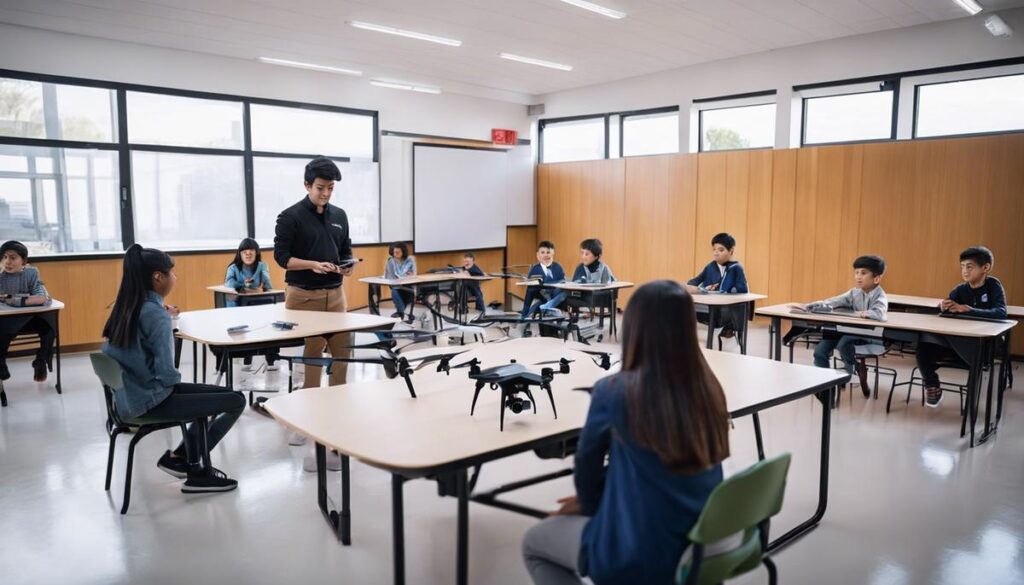Embracing the fascinating world of drones comes with the responsibility of understanding the intricate web of legislation that governs their operation. In this context, Virginia’s drone laws draw a significant amount of attention due to their comprehensive nature. This paper navigates the nuances of Virginia’s drone regulations, drawing from Federal Aviation Administration (FAA) guidelines to provide a detailed understanding. From the essentials of drone registration and operator certification to the specific laws on privacy and trespass, our goal is to offer a clear, concise guide for drone enthusiasts operating in Virginia.
Understanding the Basics of VA Drone Laws
Federal Aviation Administration (FAA) Rules
Federal Aviation Administration (FAA) rules are paramount when operating drones in the state of Virginia. To begin with, it’s important to remember that all drone pilots are required to comply with any FAA rules, irrespective of the state they’re operating in. These rules provide comprehensive guidelines on a broad array of aspects, starting from the circumstances under which drones can be flown to the maximum permissible altitude for flights.
Drone Registration in Virginia
According to FAA regulations, drone registration is an essential part of drone usage within Virginia, as in other states. Drones that weigh more than 0.55 lbs must be registered. The registration is a fairly simple process that can be completed online on the FAA’s website. Importantly, the drone’s registration number should be clearly displayed on the drone itself. This holds equally true for both recreational and commercial drones.
Requirements for the Drone Operator
Being a drone operator is not only about maneuvering the aircraft but also about understanding the laws that govern their usage. For instance, an operator must be at least 16 years old and obtain a Remote Pilot Certificate from the FAA to fly a drone commercially. For recreational flights, there is no age limit as such; however, stringent supervision is required for operators below the age of 13.
Flying Restrictions
Flying restrictions are a crucial aspect of drone laws in Virginia. Drones are forbidden from flying near airports or in controlled airspace without permission. They should not fly over people or moving vehicles and cannot be flown at night without a waiver. Furthermore, the maximum allowable altitude is 400 feet above ground level, and the drone should always be within the visual line-of-sight of the operator. Flying a drone under the influence of alcohol or drugs is strictly prohibited.
Types of Drones and Specific Rules
Virginia drone laws are also based on the type of drone and its intended purpose. Hobbyist drones are intended for personal use and to operate them, no license or certification is needed. However, commercial drones, used for tasks such as photography, inspections, and other services, require a Part 107 license. Furthermore, depending on its weight, a drone may also need to be registered.
Additional Virginia Drone Laws
In addition to federal drone laws, Virginia has its own specific statutes regarding drone usage. These state laws prohibit the use of drones to trespass on another’s property or to spy on other individuals. Violating these laws can result in significant penalties including fines and imprisonment.
Safety Precautions
Regardless of these laws and regulations, it is always crucial for drone operators to prioritize safety. Maintaining a safe distance from others, avoiding crowded places, and ensuring there’s sufficient light to see the drone are some safety practices that one should adopt.
For all drone operators in Virginia, it’s vital to understand and abide by the state’s drone laws. This isn’t just about engaging in a hobby, but it’s also about honoring the legal framework that guides it. Following these rules makes sure the intriguing world of drones stays open and pleasurable for everyone.
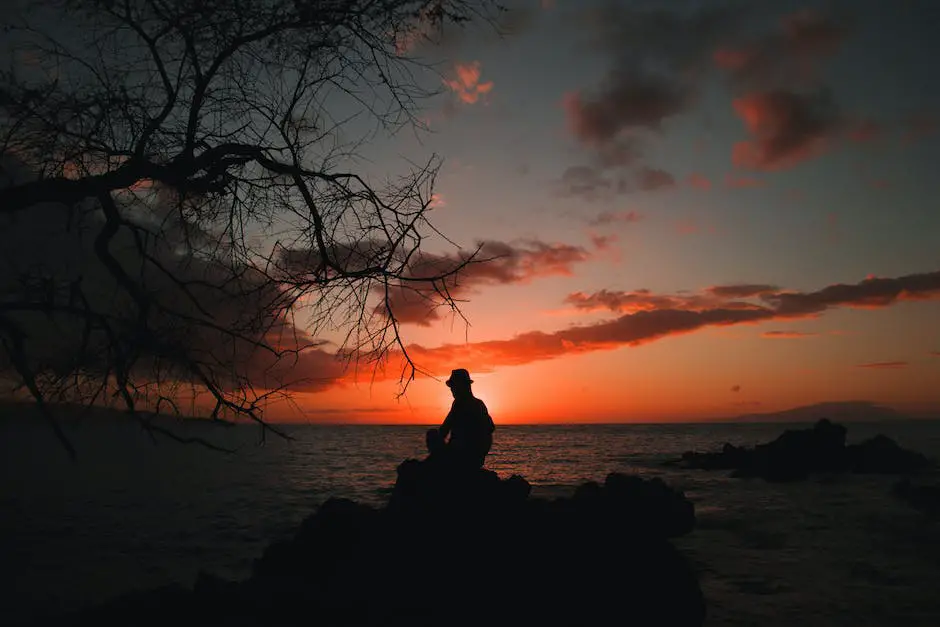
Detailed Examination of VA Core Drone Regulations
Deciphering Virginia’s Drone Laws
Laws regarding drone usage in the Commonwealth of Virginia are governed on two fronts, federal and state. The Federal Aviation Administration (FAA) sets regulations for each U.S. state, including Virginia. However, Virginia has established additional, state-specific rules related to drone operations. Both hobbyists and commercial drone users must be familiar with and understand these laws.Privacy Laws and Regulations
Virginia drone laws put a heavy emphasis on privacy. The state forbids drone usage for capturing images of individuals on private property without their consent. Essentially, if you’re conducting a flight over private property to take photographs or record video, you must have explicit consent from the property owner and any individuals that may be captured in the footage. The drone laws in Virginia also prohibit law enforcement from using drones for surveillance without a warrant, thereby further emphasizing the importance of privacy.Private Property and Trespass Laws
Just like privacy laws, clarified regulations on trespassing and flights over private property can also be found in Virginia’s drone laws. It’s illegal to use your drone on another person’s property without their permission, even if you’re not intentionally spying on them. This law was put in place to protect property owners from potential harm or disruption that could be caused by unauthorized drone flights.Drone-related Disputes and Legal Resolution
Legal disputes arising from drone usage in Virginia are usually settled based on the existing laws on privacy and trespassing. If a violation occurs, the property owner or individual whose rights were breached can take the matter to court. The plaintiff would need to present evidence that the drone owner invaded their privacy or trespassed on their property without consent.Penalties for Violation of VA Drone Laws
Violations of VA drone laws can result in substantial penalties. For example, the unauthorized use of drones to capture images of an individual in a private property can lead to legal repercussions under Virginia’s “Peeping Tom” laws. Convicted individuals may face jail time, heavy fines, or both depending on the severity of their violation. Note that these punishments stand even if the perpetrator was operating the drone outside the private property while committing the act.Abiding by Legalities
In an effort to prevent legal issues in Virginia, it is critical for one to operate their drone in a responsible manner. A golden rule is to always obtain permission prior to flying over private land or before recording images of people. Virginia takes privacy and trespassing laws seriously, so any infringement can result in severe penalties. Commercial operators are required by law to register their drones with the FAA and operate in compliance with Part 107 rules. Meanwhile, hobbyists are urged to follow community-based norms set by organizations like the Academy of Model Aeronautics (AMA). Although drone usage is promoted in Virginia, the state prioritizes the protection of private property and individual rights, necessitating drone operators to tread carefully and respect these rights during their flights.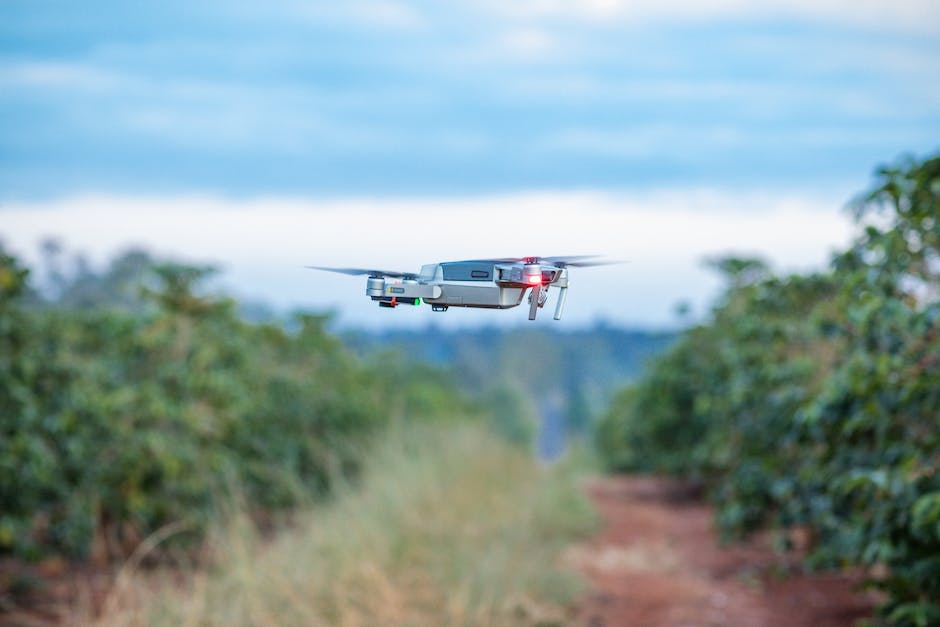
Tips and Best Practices for VA Drone Enthusiasts
Keep an Eye Skyward: Comprehending Virginia’s Drone Laws
As a drone enthusiast or hobbyist in Virginia, it is imperative to have a thorough understanding of the state’s drone laws. The FAA rules state that hobby flyers in Virginia are not required to possess a license for drones weighing less than 55 pounds. Nevertheless, operators must always give the right-of-way to crewed aircraft, refrain from flying directly over people, and ensure they can see their drone at all times.
Soaring Safely: Safety Measures in Drone Operation
Safety is one of the primary concerns in drone usage. Virginia law mandates hobbyists to avoid flying their drones above 400 feet and keep away from stadiums or sporting events. Moreover, it is imperative to avoid flying at night or in poor visibility conditions unless the drone is equipped with proper lighting aids. Operators are also urged to avoid working under the influence as vigilance and concentration are pivotal during drone operations.
Being Considerate: Respecting Privacy with Drones
Responsible use of drones also extends to respecting the privacy of others. Avoid flying over private property without explicit permission. Never use a drone to capture images or videos that infringe upon someone’s privacy. This practice not only fosters a sense of respect among drone users and non-users alike, but also mitigates any potential legal issues linked to privacy invasion.
Steering Clear of Legal Trouble: Avoiding Legal Issues
Certain areas are off-limits for hobby flyers according to the FAA guidelines. These areas include National Parks, military installations, and within a 5-mile radius of airports. Breaching these restrictions can lead to serious legal repercussions. Furthermore, it is highly recommended that each drone pilot obtain liability insurance to protect themselves from potential legal claims resulting from accidents or damages caused by their drone operations.
Pilot Prep: Training Institutions and Learning Platforms
Investing time in mastering the technical and legal aspects of drone flight is crucial. Numerous organizations across Virginia provide training and resources for drone hobbyists. The Unmanned Aircraft Systems (UAS) in Virginia Tech, and the Virginia Unmanned Systems Center at CIT are prominent examples.
Online educational platforms such as Udemy, Coursera, and the Drone Pilot Ground School offer comprehensive courses on drone piloting and laws. These resources offer a wealth of knowledge, often under the instruction of industry experts and professionals, greatly benefiting those seeking to become skilled drone pilots.
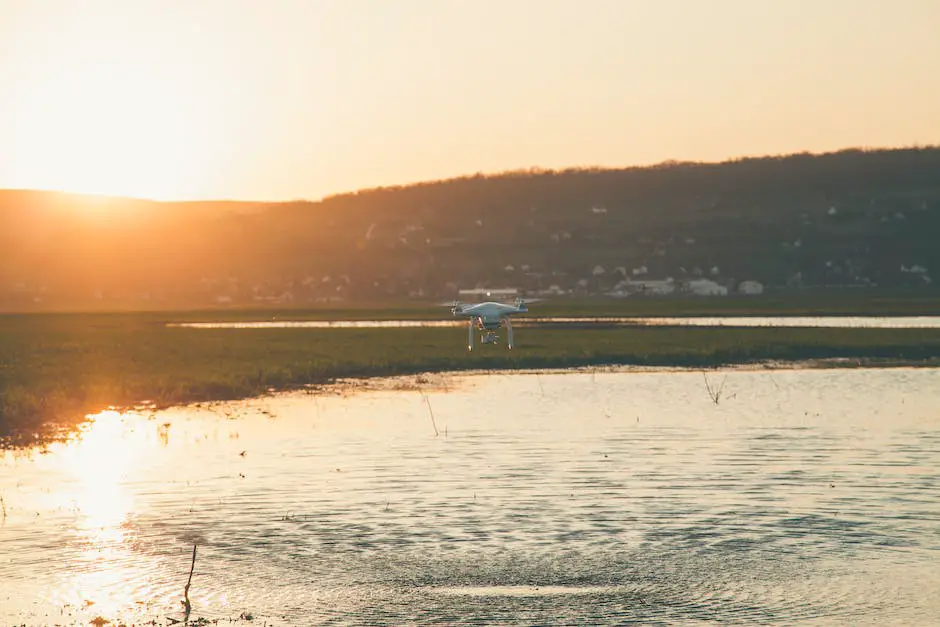
While the labyrinth of drone laws can prove daunting, achieving a thorough understanding is essential for any respected drone enthusiast. By adhering to the laws and respecting the rights and privacies of others, the hobby of drone flying can be enjoyed responsibly and safely. With the wealth of knowledge outlined in the previous discussion, it becomes evident that Virginia’s drone laws, while comprehensive, are there to ensure a harmonious and safe incorporation of drones into the skies. The key to seamlessly navigating these is not just a keen understanding of the laws, but also the conscious practice of responsible and considerate drone usage.
Originally posted 2023-08-26 01:05:14.

